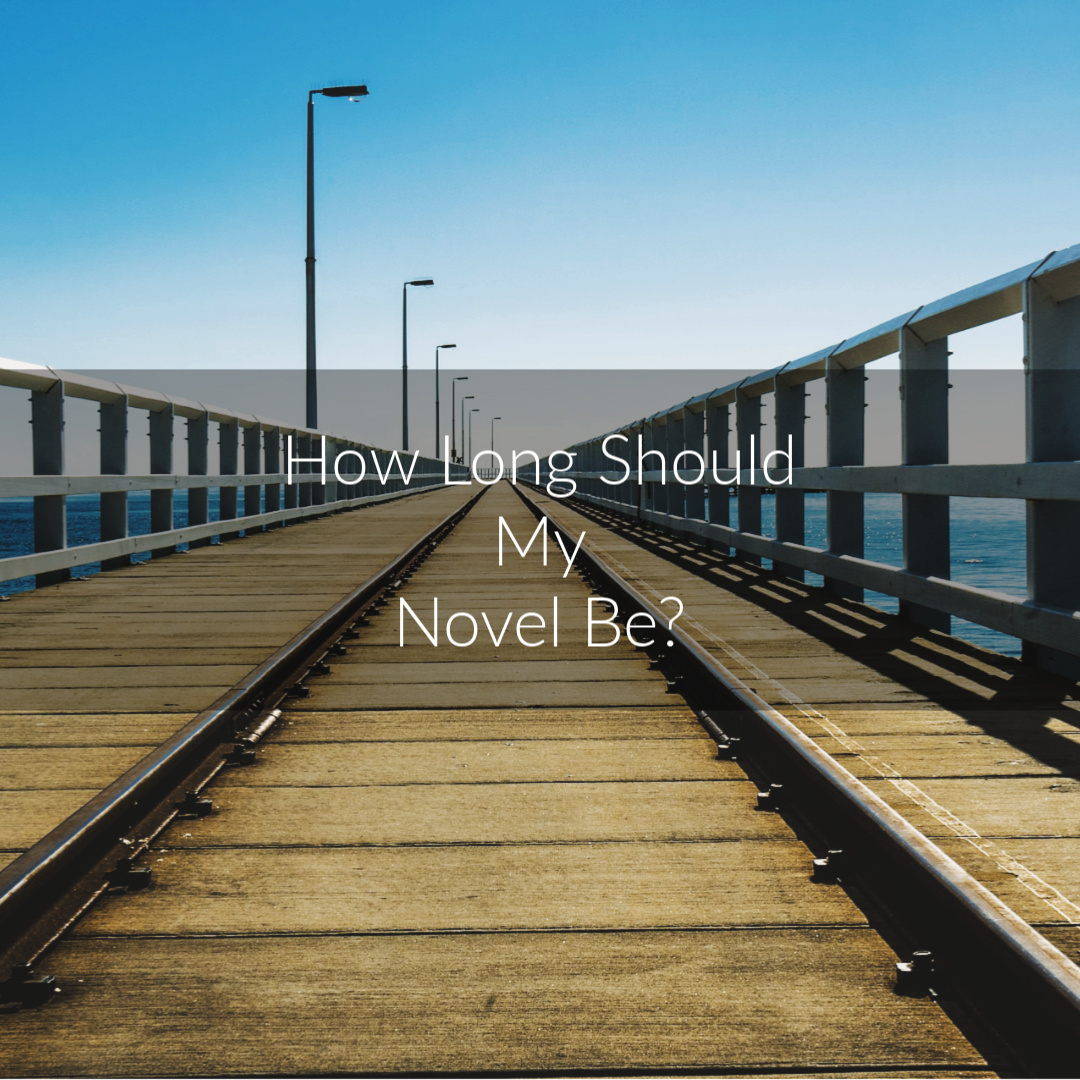How Long Should My Novel Be?
How long should my novel be is a question we all ask at one point or another. Invariably you’ll come across long winded articles that dance around the topic. They’ll provide lots of fluff and no substance. It is easy to say “your novel should be as long as is needed to tell your story” or “there is no required length for a novel, so long as it’s good.” I’m here to say that while those statements are correct, they are not helpful and get the process around the wrong way.
Art or Business?
There are those who consider themselves to be artists and their writing is the expression of their artistic vision and knows no bounds when it comes to required performance, length or quality. Those people need read no further because they don’t ask this question regarding novel length. If you have a burning need to tell a specific story then length is secondary to your expression. But I’m not talking to those people. I’m talking to people who are in the business of creating novels. Like those people, it is my mission to be entirely supported by my creative output. To do that we need to approach writing with a business-like attitude.

Doesn’t that ruin it?
I would argue that approaching business without a creative vision and dedication to innovation ruins business. Approaching writing as a business is not the same as ignoring your passions and inspiration. It is about understanding that to attain and maintain reliable success one must have discipline and a repeatable method for creation. It means we create our framework and then apply inspiration. It is like setting out your garden beds, arranging the reticulated watering system, digging in compost and pulling weeds before the art of creating your garden. The base you work off doesn’t prevent creativity, it nurtures and supports it by giving it the foundation it needs and by providing useful boundaries to keep you focused.
So How Long Should My Novel Be?
Without even knowing what genre you are writing in I can tell you your novel must be at least 50,000 words and less than 150,000. This is not about telling you what is possible in novel writing, but rather it is about providing a base from which to plan. When you know how long your novel will be, you can backward engineer enough story and plot to fit. You can also be sure to cut back on extraneous story that overflows these bounds. You are perfectly allowed and encouraged to span your story over multiple books if you need more space.
Novel Length by Genre
| Genre | Word Count |
| Romance (general) | 55,000 |
| Thriller/Mystery | 80,000 |
| Contemporary / Urban Fantasy | 75,000 |
| Epic Fantasy | 120,000 |
| Science Fiction | 100,000 |
| Historical | 120,000 |
| Horror | 100,000 |
These word counts are targets to shoot for with your writing and story planning. After you’ve written several novels, you’ll know how long your stories will be and this guide can be disregarded. There are many exceptions to these counts, but you came here to find out how long your novel should be not what all the exceptions are. Well, the table above tells you. Take that number and break it down to plan out each part of your work.
Planning from Word Count
Let’s assume you are going to write a horror story and so you need to hit 100k words. Using a three act structure you can break that 100k into three smaller chunks. Acts one and three are the shortest with act two being where the majority of the action takes place. So, act one should be 25k, act two will be 50k and act three will be the last 25k. Below is a table breaking it down further.
Plot Point to Word Count to Act
| Plot Point | Word Count | Act |
| Introduciton Inciting Incident Decision to Enter Act 2 |
10k 10k 5k |
1 = 25k |
| Introduce Primary Threat First and Second Encounter Midpoint First Victory and Complication Touch of Death and Setback |
10k 10k 10k 10k 10k |
2 = 50k |
| Inspiration and New Plan Second Victory and Complication Controntation Final Image |
5k 5k 10k 5k |
3 = 25k |
Notice I’ve used plot points to break everything down. You use this to plan out your chapters and story into a plot that works. I’ve written previously about the difference between plot and story, go look it up if you need clarification.
Benefits of Planning

If you’ve been reading these blogs at all, you’d know my first 100,000 word novel took nearly three years to complete and start querying. It wasn’t good enough to publish and is still waiting for me to return to it and fix it up. There are other books I started and never finished because I didn’t know where they were headed, or they peaked too early. That’s where this planning comes from. Since using plans for my books I’ve written three in the past year.
But I'm a Pantser!
There is no mystical division between authors. The plotter/pantser dichotomy is false. Anyone who has written and completed more than a couple of novels has a plan and plot. Those who proclaim “pantserhood” have, in reality, come to plan their novels the hard way, by intuition. The faster you come to accept the power of planning, the faster you can get on and write all those novels you’ve dreamt of. Remember, when you find something difficult or awkward, it is because you are not skilled in it yet, not that it isn’t a good thing to do. The more you practice and focus your intent, the easier skills get.
Conclusion
While it is true that a novel should only be as long as it needs to be to tell the story, it is also the wrong answer to the question: “how long should my novel be?”. Each genre has a length that represents a “typical” novel. Despite the exceptions people will cite, sticking to the lengths I’ve given will work. More than that, by choosing your length you can plan backward to determine how long each part and chapter needs to be. You can take those lengths and even estimate how long it will take you to write your book. Knowing your word target and how that relates to your plan means more productivity, fewer rewrites and fewer abandoned novels.
If you haven’t tried word count planning, give it a shot and see how it helps.
Subscribe for great exclusive content.



